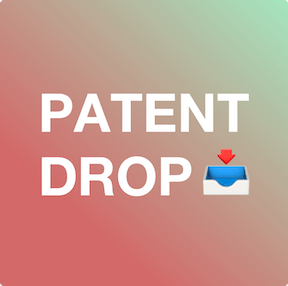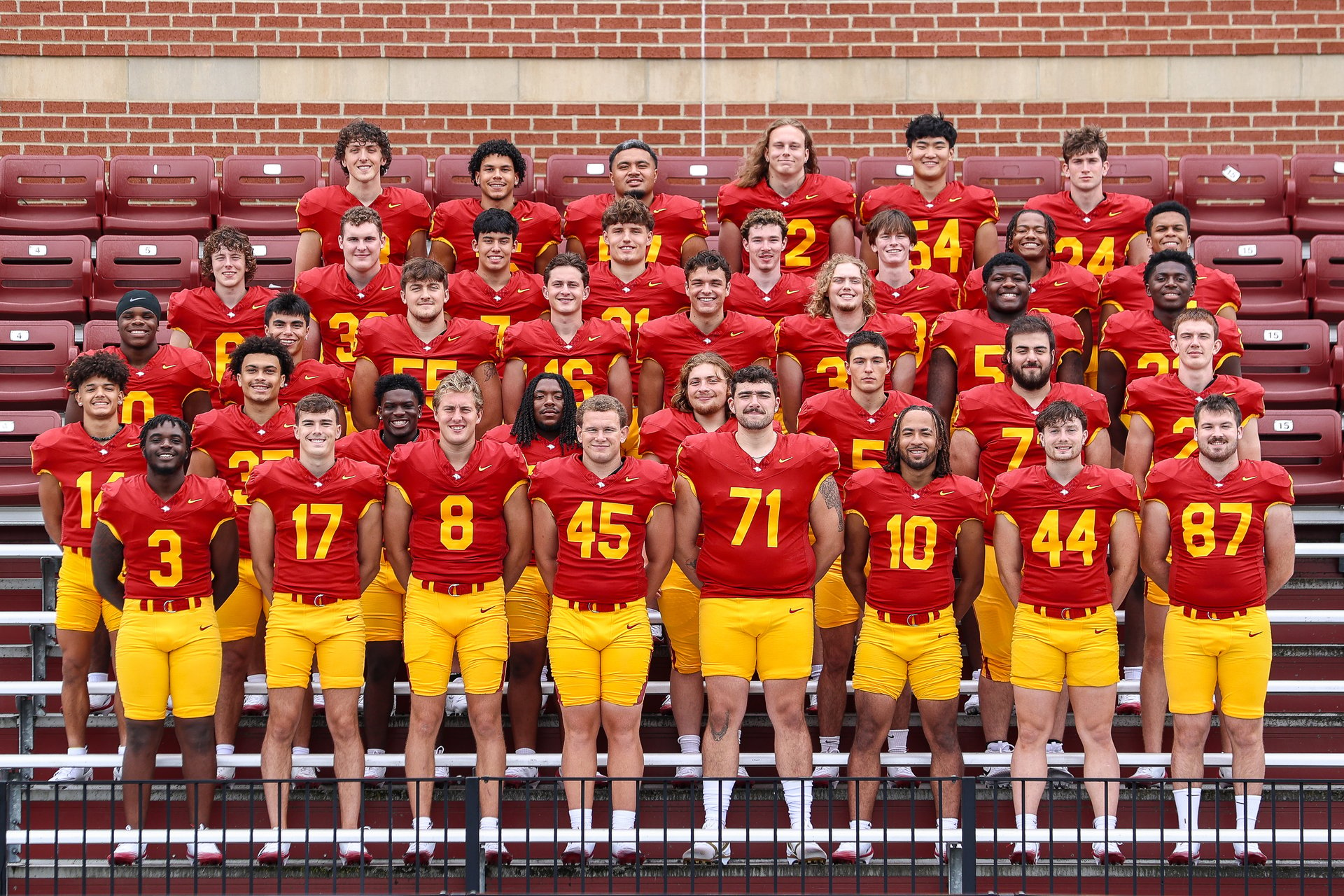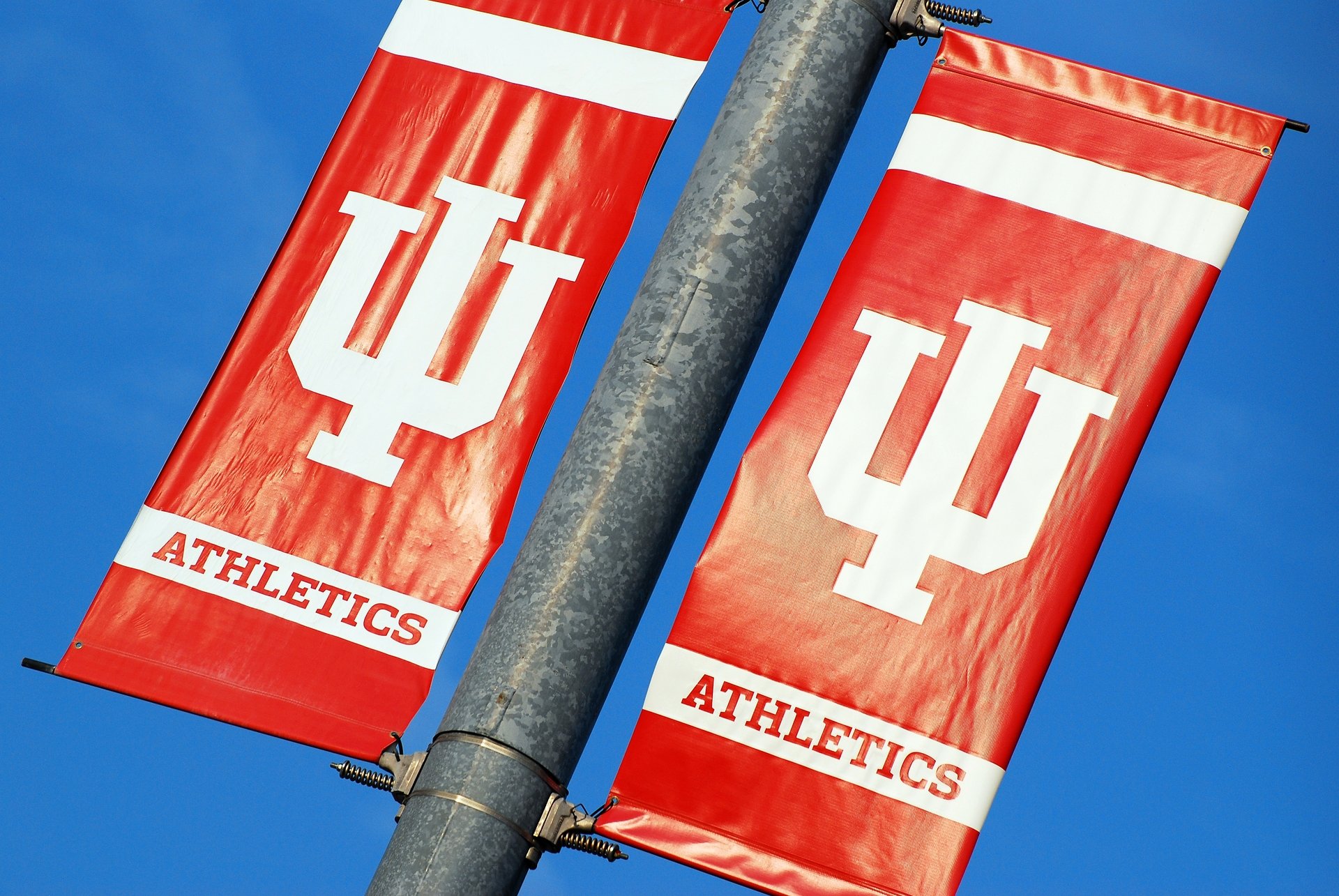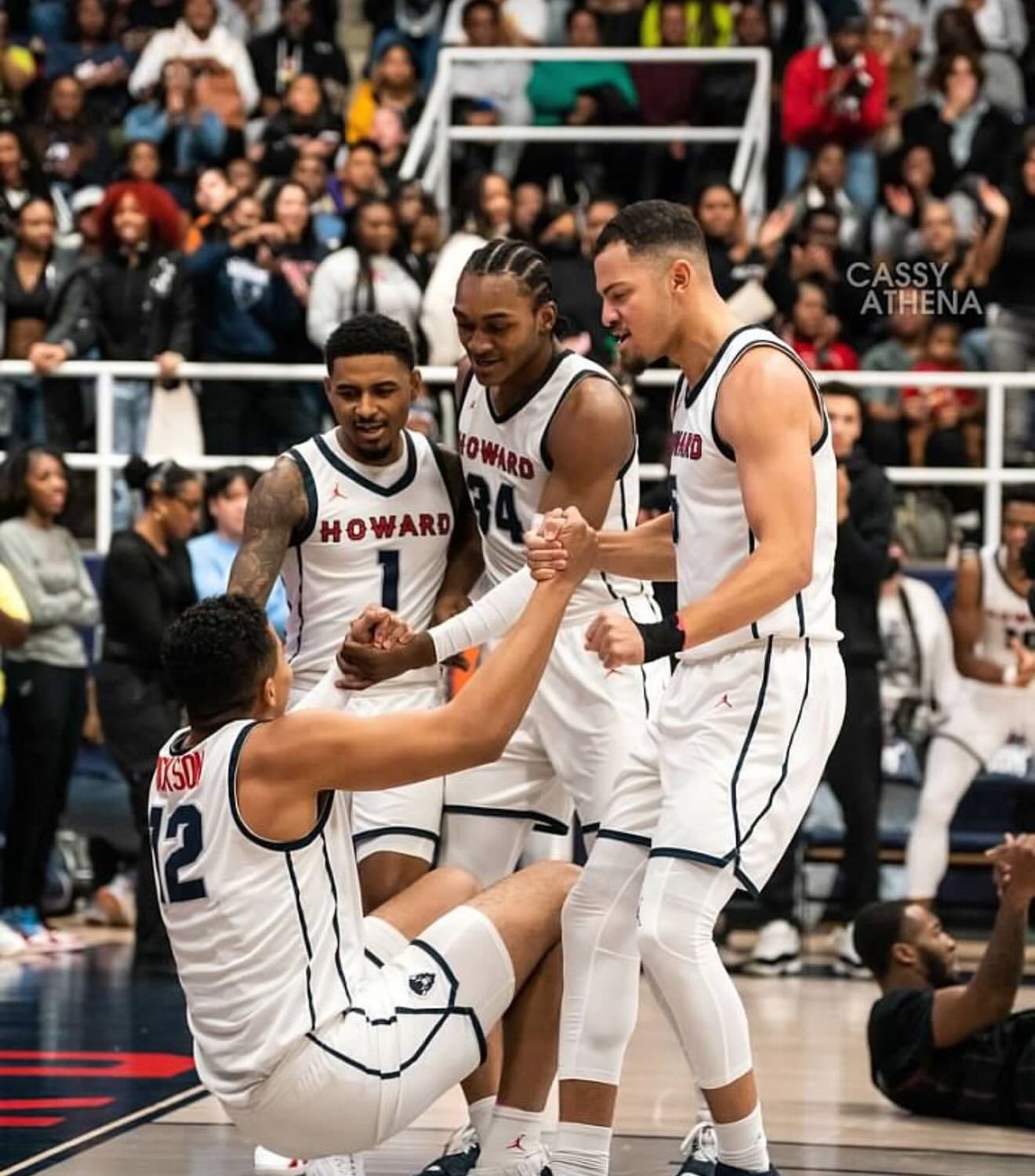Good morning, and thanks for spending part of your day with Extra Points.
Friday afternoon, the Big Ten formally introduced their newest commissioner, Tony Petitti, with a press conference at their Rosemont, IL, headquarters.
I’ve covered a lot of Big Ten events over the last few years, but I think the last time I was actually at B1G HQ was the last time the conference introduced a new commissioner, with Kevin Warren back in 2019.
Obviously, a lot has changed since then. That event was actually the very first one I covered as Extra Points…well before I was laid off from SB Nation and this project became my full time job. It was before the pandemic, before Alston, before NIL..and was a very different type of event.
Jim Delany, the man Warren was replacing, wasn’t at the press conference (he was in Las Vegas), but it felt like everybody else was. The 2019 presser was full of reporters and industry-type people. It was in June, when there typically wasn’t a ton of other college sports news happening, and one of the titans of the college athletics business being replaced with a guy that nobody in college sports had heard of was a big story.
Warren was there on Friday, and Petitti, University of Illinois chancellor Robert J. Jones and University of Maryland President Darryll J. Pines were quick to praise him and his administration. But on a Friday afternoon in the middle of the NFL draft, only a handful of reporters made the trip. This newsletter dispatch may very well get swallowed up in the post NFL Draft news cycle too.
On paper, the Warren→Petitti transition doesn’t look like a massive, changing-of-the-guard power shift in college athletics. But despite our best efforts, we can’t completely predict the future on paper.
If you’d like, you can catch the entire podium interview below. Here’s what I took from the event, based on that conversation and a few others I had in Rosemont:
Okay, let’s get the expansion stuff out of the way first
Adam Rittenberg at ESPN asked Petitti about potential Big Ten expansion in the future. Petitti reiterated that the priority at the moment is to focus on integrating USC and UCLA into the conference, but also added, “as commissioner of the Big Ten, I think my job is to make the conference is as strong in the future and in the present as its always been…and I’ll just sort of leave it at that.” Not exactly a full-throated denial that additional expansion could be in the cards.
Dr. Jones of Illinois also told The Athletic that the top priority was to focus on USC and UCLA. Via the story:
“Our first priority is to successfully integrate UCLA and USC,” he said. “At the same time, we know that the landscape is shifting and, for us, it’s a time to be very thoughtful and analytical. … Are we thinking about (realignment)? Of course. We’re doing analysis, the cost, the benefits of staying at 16 or moving up. It’s not something we’re going to do just to react to what other conferences may choose to do. We’re only going to do what’s best for our current membership, and there has to be some value added for expanding beyond.”
When I hear Petitti and other high level administrators say that their focus is primarily on integrating USC and UCLA…I honestly believe them. I know, from looking at Big Ten memos and meeting agendas from the early 1990s, that adding Penn State required months of meetings about intellectual property, financial obligations, scheduling formats, and more. The Big Ten hasn’t yet produced any future athletic schedules that include the LA schools, hasn’t decided on what real estate presence the league (or BTN) needs out west, and has loads and loads of contracts that haven’t been executed.
These are the sorts of things that will keep the Big Ten’s lawyers very busy over the next few months, and if there’s one thing that P5 conference expansion requires, it’s a gazillion billable hours.
As for the Big Ten’s future plans, Jones also told The Athletic that the league didn’t have a position yet on whether any other hypothetical future member would be added as a “full” member from go, like USC and UCLA were, and that any hypothetical expansion would be a “data-driven decision that aligns with the vision of where we want to see the conference in the next decade and the decades beyond.”
Here is what I know. I know that lawyers representing the Big Ten met with lawyers representing Oregon and Washington, as well as media consultants, last summer. I know those conversations included breaking down data on potential television value of those two schools, academic fit, student recruitment, and more. It is possible that lawyers representing other schools talked with the Big Ten, but I do not know that for certain, like I do with Oregon and Washington.
I also know that the decision to potentially add other programs, be that Oregon, Washington, or anybody else, is not simply a cold-hearted calculation to see which brands add the most media dollars. Big Ten presidents also have to consider other financial costs (travel, missed class time), competitive balance, and political and reputational costs…in Olympia, Salem, Washington D.C, and on the boards of the various foundations and committees that university presidents across the country share.
If the data from the summer showed conclusively that adding Oregon and Washington provided benefits that outstripped all of those costs, it would have happened already.
Is it possible that expansion developments with the Pac-12 or Big 12, the Johnson case, the NLRB, or any number of other factors could change the expansion calculus for the Big Ten? Sure. But when they say “our priority is USC and UCLA right now,”, I personally believe them.
So if not expansion, what else is Petitti going to work on right now, outside of figuring out when UCLA has to fly out East for baseball games?
If you were expecting some concrete policy ideas right off the bat, I have some bad news…there wasn’t much there. I asked Petitti if he identified any opportunities with the Big Ten while evaluating the opportunity from the outside, hoping to perhaps hear something about Olympic sports, or new revenue sources. Petitti told me that the conversations he had during the hiring process were “very through and very substantive”, and that he understands the priorities of the conference and the league presidents. He also said that he believes there’s a “mandate to innovate” in the Big Ten, in order to “protect what’s really important here…the student-athlete experience.”
The early priorities according to Petitti, beyond USC/UCLA issues, are to participate in the College Football Expansion (and the CFP’s next media rights deal), advocate for a federal NIL bill, and actually executing the Big Ten’s huge new media deal with FOX, CBS and NBC.
It doesn’t need to be explicitly stated that Petitti’s job also includes leading in the conversation about where college sports is going next.
“We can lead, but I think it’s going to take everybody {all conferences and the NCAA} working together to come up with the right solution,” he said. While he indicating a willingness to accept change, and that “every generation of athletes will need different things and different support,” he wasn’t exactly advocating for a full-throated rejection of “the collegiate model.” I wouldn’t be surprised if “managed change” becomes a phrase we hear more and more out of the Big Ten in the near future.
So what happens next?
In their introductory remarks, and in chatting with me once the cameras were off, both Jones and Pines were quick to praise Petitti’s ability to collaborate and build consensus. That’s a major reason the Big Ten hired him.
Whether it’s building College Sports 3.0, navigating the next version of the College Football Playoff, crafting the next NCAA Championships TV package, working to shape legislation in D.C. and in across the country, and more, the Big Ten’s presidents want somebody who can build some coalitions.
Like the last several major hires in college athletics, Petitti doesn’t directly come from the industry. But I’m not sure it’s totally accurate to call the guy an outsider, or at least, not like Charlie Baker or George Kliavkoff were. Petitti helped build the BCS, after all. He’s built relationships with college sports executives for years, and clearly understands the intricacies of the most important corporate partner with college athletics…broadcast media
Of course, leading the Big Ten isn’t just about getting a fat TV contract signed. This is a political gig, and Petitti will need to juggle university presidents, ADs, state and federal lawmakers, faculty reps, students, labor organizers, corporate partners, athletes, and a slew of other constituent groups I’m sure I’m forgetting.
Dr. Jones called the Big Ten job “the most important, most visible and most sought-after leadership role in all of intercollegiate athletics.” If it isn’t, it’s on a very, very short list.
But it’s a hard gig, and it’ll be a hard gig even if there are no new TV contracts to sign or new schools to add during the Petitti administration.
I look forward to better understanding where that administration ends up going moving forward. Maybe it doesn’t seem like an earth-shattering change right now. But that doesn’t mean it won’t be.
This newsletter is brought to you in part by Patent Drop:

If Mark Zuckerberg and Tim Cook agreed on something, it would be this tech newsletter
Meet Patent Drop — the most innovative tech newsletter of 2023. Their team of investigative journalists uncovers below-the-source trends in Big Tech by scouring through 100+ patents each week.
Share Extra Points with your friends to earn great rewards, from free subscriptions to bonus content to Homefield Apparel Gift Cards and more:
If you have ideas for future Extra Points newsletters or #tips you want to share, our new tips line is [email protected]. To sponsor a future Extra Points newsletter, please email [email protected]. I'm also @MattBrownEP on Twitter, and @ExtraPointsMB on Instagram.etc.


















